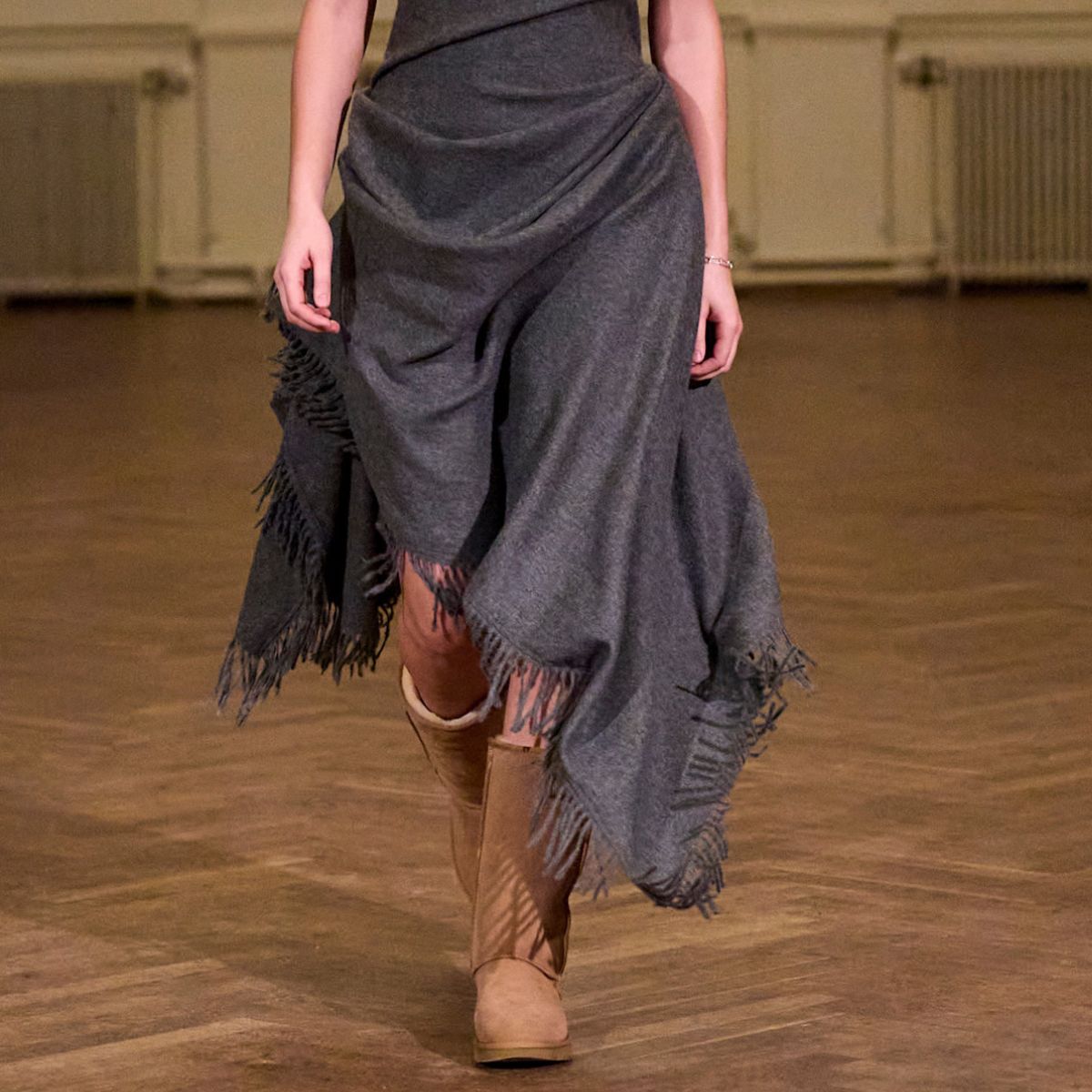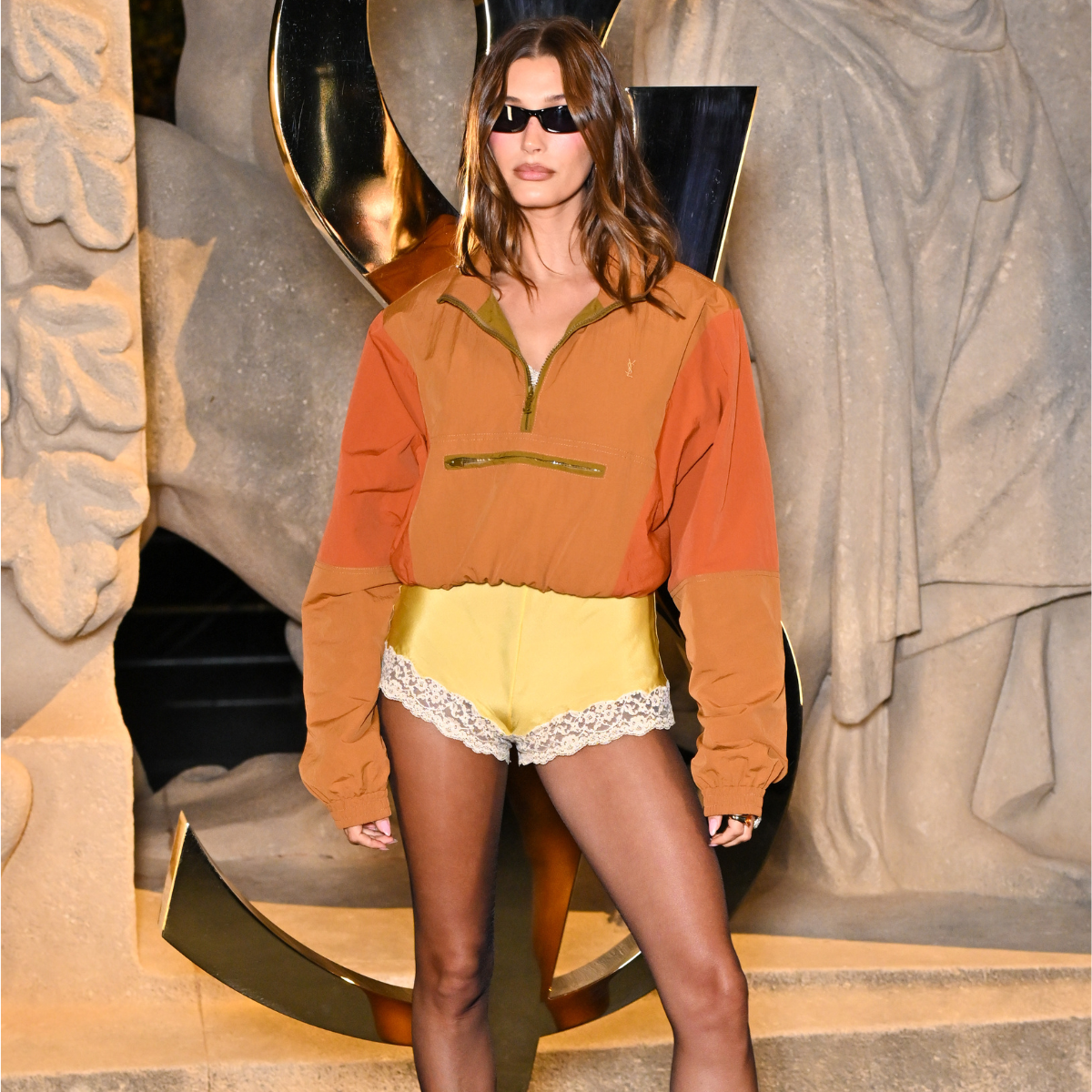Wanting to hire for your small business? An essential 101 guide to interviewing on Zoom
It looks like virtual job interviews are here to stay. So if you're looking to hire for your small business or pitch to potential investors, you will likely be doing so from home. How can you appear professional when making the video call from your kitchen? These Zoom interview tips should help...

It looks like virtual job interviews are here to stay. So if you're looking to hire for your small business or pitch to potential investors, you will likely be doing so from home. How can you appear professional when making the video call from your kitchen? These Zoom interview tips should help...
You might assume that recruiting is far less stressful than going through the hiring process yourself. But actually, interviews are hard work for everyone involved, with the interviewer having to put in just as much work as the interviewee.
This is especially true for small businesses, with the pressure on for entrepreneurs to give a good first impression, spread their company messaging and of course bag the most talented candidates out there in the process.
Brushing up on your interviewing skills is therefore essential, because even though you may technically be in the control seat, you too are being analysed as a prospective employer, and it's well worth your time to get it right.
Given the fact that more and more businesses are opting to work remotely in the new post-pandemic era, it is likely that you will be conducting the interview over Zoom. And this more often than not means from home, with a lack of IT support and the kitchen table as your base.
Whether pitching to potential investors or interviewing prospective employees, it's always worth refreshing your interviewing skills and etiquette. This way, you can ensure that you don't get caught wearing pyjama bottoms or encounter a huge technical hitch, and in turn avoid any poor reflections on your company or missing out on some great hires.
As part of our Passion Pioneers campaign with GoDaddy, we asked Asana’s Global Head of Talent, Kayla Vatalaro, to give her advice on conducting virtual interviews and making a good first impression.

Zoom interview tips to help you recruit with confidence:
1. Set the stage and frame your shot
Give a great first impression to future employees by making sure you find a clutter-free space with a tasteful or neutral backdrop ahead of time. Position your webcam so it sits at eye level and make sure to have ample light. Proper camera angles and lighting not only up your selfie game, but they're also essential for high-quality video interviews. On the big day, clear the room of anything distracting such as laundry and pets, so your potential employees or investors will be able to focus entirely on you - not what's behind you.
2. Do a mock run through and check your tech
One of the benefits of conducting a Zoom interview from your home is that you will likely have family, friends or housemates within earshot. Don’t be afraid to take advantage of their presence to practice your remote interviewing skills. Even if you share a home, ask them to hop on a video call to not only run through mock questions, but also test how you come across on video in the absence of non-verbal cues, in addition to testing your lighting, sound quality, and camera angle. It may be uncomfortable but now is the time to get used to seeing yourself on video!
3. Ditch the sweatpants and dress like a boss
Even though you are the one conducting the interview, it's still important to communicate professionalism by dressing the part from head to toe. Although it can be tempting to stay in your pyjama bottoms, prevent those unnecessary embarrassing bare legged moments (we’ve all seen the videos). The general rule with recruiting is that you should dress as you would want your employees to, because your appearance will be used as a reflection of your company's dress code. So, dress like the boss you are.
4. Have your questions and relevant information close to hand
One of the draws of a virtual interview is that you can have notes and question prompts to hand - documents that can actually be quite awkward to refer to when interviewing in person. Make sure you have your questions on a different screen or on a printout beside you, and crucially prepare more questions than you think you'll need - just in case. It's also important to have other relevant information to hand, whether it's the CV of the person you're interviewing or the business documents of the investor you're pitching to. There are few things more embarrassing than being underprepared as the interviewer, and this way you won't be caught off guard and will always be able to refer back to their most up to date information.
5. Bring self-awareness and lean into your communication skills
It’s important to remember that tech troubles and internet lags can make things trickier, particularly for your interviewee. So in the absence of non-verbal cues, being self-aware and showing empathy helps make the experience feel more comfortable for everyone. It can be tough to know when someone is done talking, so give your interviewee an extra beat to complete their thought and use subtle gestures like head nodding to indicate you’ve finished your question. Showcase your communication skills by referring back to your interviewee’s answers, asking follow-up questions based on what they've said and turning the interview into more of a conversation.
Above all, remember to enjoy yourself. If you're interviewing candidates to hire for your business, you're clearly moving in the right direction as an entrepreneur and it must have taken you a lot of work to get to this point. Remember that and make a point to enjoy the milestone.
Follow our Passion Pioneers campaign @MarieClaireUK.
Celebrity news, beauty, fashion advice, and fascinating features, delivered straight to your inbox!

Jenny Proudfoot is an award-winning journalist, specialising in lifestyle, culture, entertainment, international development and politics. After working at Marie Claire UK for seven years - rising from intern to Features Editor - she is now a freelance contributor to the News and Features section.
In 2021, Jenny was named as a winner on the PPA's '30 under 30' list, and was also listed as a rising star in journalism.
-
 From LA to Runway: Inside UGG’s Unexpected Rise to High-Fashion Status
From LA to Runway: Inside UGG’s Unexpected Rise to High-Fashion StatusHow designer collaborations have helped elevate the cult Noughties shoe to the height of cool
-
 Retro Shell Jackets Are the High-Fashion Comeback You Didn’t See Coming
Retro Shell Jackets Are the High-Fashion Comeback You Didn’t See ComingSaint Laurent's style is proving particularly popular
-
 The Most Popular Bucket List Destinations for Brits in 2026
The Most Popular Bucket List Destinations for Brits in 2026Flights, camera, action
